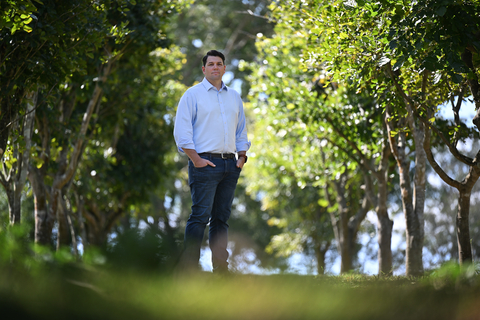Mining giant Rio Tinto has announced plans to develop Pongamia seed farms in Australia as part of a new biofuels pilot aimed at reducing reliance on fossil fuels. The project will explore the potential of Pongamia seed oil as a feedstock for renewable diesel, which offers a cleaner alternative to traditional fossil-based diesel.
The pilot will focus on whether Pongamia seed oil can meet Rio Tinto’s renewable diesel requirements and contribute to the growth of Australia’s emerging biofuel sector. Rio Tinto is currently finalising the acquisition of 3,000 hectares of cleared land near Townsville, in north Queensland, where the company will establish farms to study the conditions needed to grow Pongamia and measure the yield of seed oil.
Rio Tinto has partnered with Midway Limited, an agricultural services provider, to oversee the planting and management of the Pongamia farms. As part of the collaboration, Midway Limited will work with nurseries, agricultural experts, and research organisations, while also engaging with local communities and Traditional Owners to create employment opportunities.
Jonathon McCarthy, Rio Tinto’s Chief Decarbonisation Officer, explained that the pilot is a key step in the company’s drive towards reducing its carbon footprint. Rio Tinto has committed to achieving net-zero Scope 1 and 2 emissions by 2050. While electrification of equipment is considered the long-term solution for displacing diesel use in the company’s operations, biofuels are being explored as a practical alternative in the mid-term.
“Diesel accounts for around 10 percent of our emissions footprint in Australia,” McCarthy said. “While we continue to pursue electrification as the long-term solution for displacing the majority of our diesel use, the Pongamia seed pilot is an important parallel pathway that could reduce our reliance on diesel in the mid-term. It also presents a compelling option for other applications that are challenging to electrify, including blasting and non-haul equipment.”
He further highlighted that Australia currently lacks a biofuel feedstock industry that can meet domestic demand. Establishing a sustainable biofuels sector, according to McCarthy, could enhance the country’s fuel security, create new economic opportunities, and contribute towards achieving emissions reduction targets.
Midway Limited Managing Director Tony McKenna echoed McCarthy’s optimism, emphasising the importance of the partnership. “We are very excited to be partnering with Rio Tinto on this innovative pilot project,” McKenna said. “We are proud to be playing an important role in helping develop a sustainable domestic biofuel industry. The collaboration continues the growth of our position as trusted providers with the capability and experience to deliver a variety of projects for emitters who are committed to seeking alternative solutions to reduce their net emissions.”
The pilot builds upon a smaller-scale trial at Rio Tinto’s Gove operations in the Northern Territory, where Pongamia saplings were planted to assess their adaptability to challenging environmental conditions, such as low soil quality and high temperatures. The findings from that trial have informed the larger-scale effort now underway in Queensland.
The development of Pongamia seed farms represents a potential breakthrough in Rio Tinto’s efforts to reduce its carbon emissions, while also laying the groundwork for a new biofuels industry in Australia.

